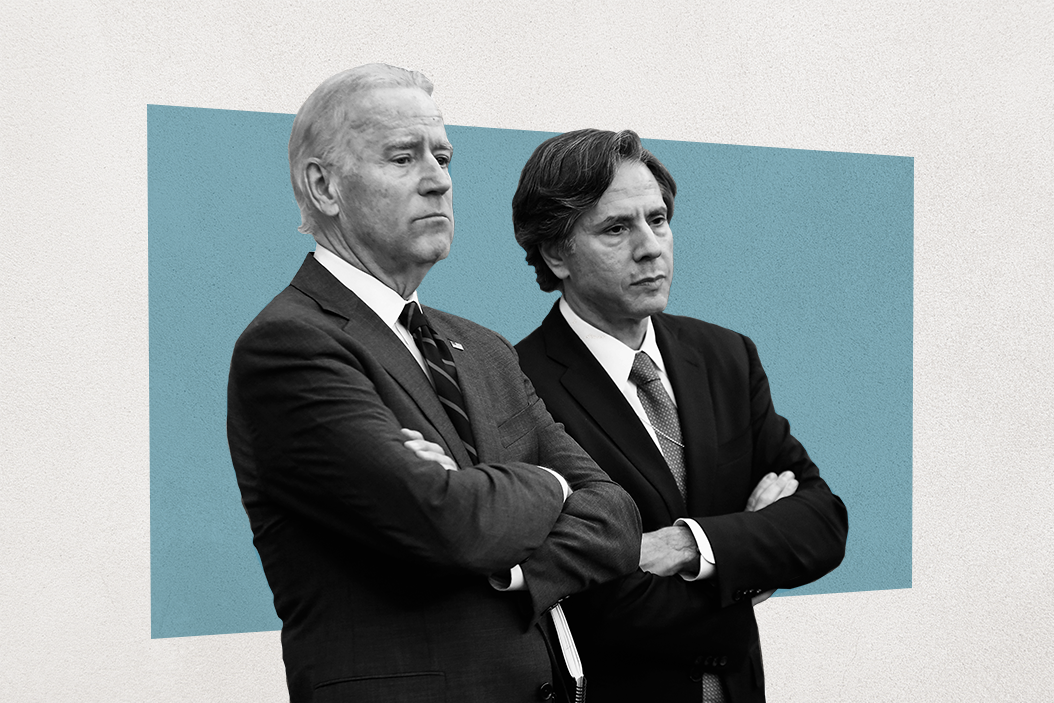The person a US president taps to assume the coveted role of secretary of state, the nation's top diplomat, says a lot about that president's foreign policy ambitions and global vision.
Indeed, the selection of Henry Kissinger (Nixon and Ford), James Baker (George H.W. Bush), Hillary Clinton (Obama) and Rex Tillerson (Trump) to head the State Department, provided an early window into the foreign policy priorities — or lack thereof — of their respective bosses.
President-elect Joe Biden has now tapped his longtime adviser Antony (Tony) Blinken to head the US State Department, a sprawling bureaucracy with some 70,000 employees. The nomination of Blinken — an aide Biden has referred to as his "go-to-guy" — suggests that the president-elect has an ambitious foreign policy agenda that he wants to be driven only by a person he knows well and trusts.
What do we know about Tony Blinken and how he might shape US foreign policy?
Global alliances are key. Blinken, who served as deputy secretary of state under president Obama, has long maintained the importance of strong global alliances. It is through revitalizing relationships strained during the Trump years, he has said, that the United States can reassert leadership on the world stage and better position itself to meet a host of pressing challenges: "Even a country as powerful as the United States can't handle them alone," he said this past July.
Indeed, this offers insight into how Biden might tackle key foreign policy issues like China's increasingly assertive policies in Asia and beyond. But Blinken has also argued that traditional alliances need to be redesigned in order to better tackle issues like global health, cybersecurity, and climate change: "Why shouldn't Germany and France work with India and Japan on strategic issues?" he says.
Rebuilding the State Department itself. Under President Trump, who mistrusts non-partisan civil servants, the State Department — which oversees an annual budget of $54 billion (2019) — has fallen on hard times. Career foreign service personnel reported that morale hit rock bottom in recent years amid sharp budget cuts, hiring freezes, and the politicization of the agency. (In 2017, the Atlantic reported that "the normal day-to-day operations at the department had stopped, leaving employees with little to do and anxious about the future.")
Blinken will surely prioritize the refilling of senior State Department positions that have remained vacant under Rex Tillerson (2017-2018) and Mike Pompeo (2018-present), President Trump's secretaries of state. He may even rehire career diplomats who were fired after threatening to expose Trump administration misdeeds, a process that Foreign Policysays led to "the State Department hemorrhaging its own talent."
Blinken the centrist. As deputy secretary of state under President Obama, Blinken was instrumental in laying out America's Middle East policy during the tumultuous years of the "Arab Spring." As civil war gripped Syria — and later Libya — Blinken advocated a more interventionist position, breaking with Obama — and even Biden at times — who favored a more restrained approach.
Indeed, during his years in the Obama orbit, and more recently, Blinken has made no secret of his belief that America should sometimes intervene in foreign conflicts to safeguard human rights. (He has described US retrenchment in recent years as the "progressive cousin" of Trump's "America First" foreign policy.) Blinken attributes his support for humanitarian intervention to his experience as stepson of a Polish-born Jew and Holocaust survivor.
Bottom line: If President Trump's administration aimed to topple the global order and deprioritize America's relations with traditional allies, Biden's choice of Blinken to head the State Department shows that his administration plans to do the exact opposition: deepen engagement with allies and bury the "America first" mantra as quickly and fully as possible.
